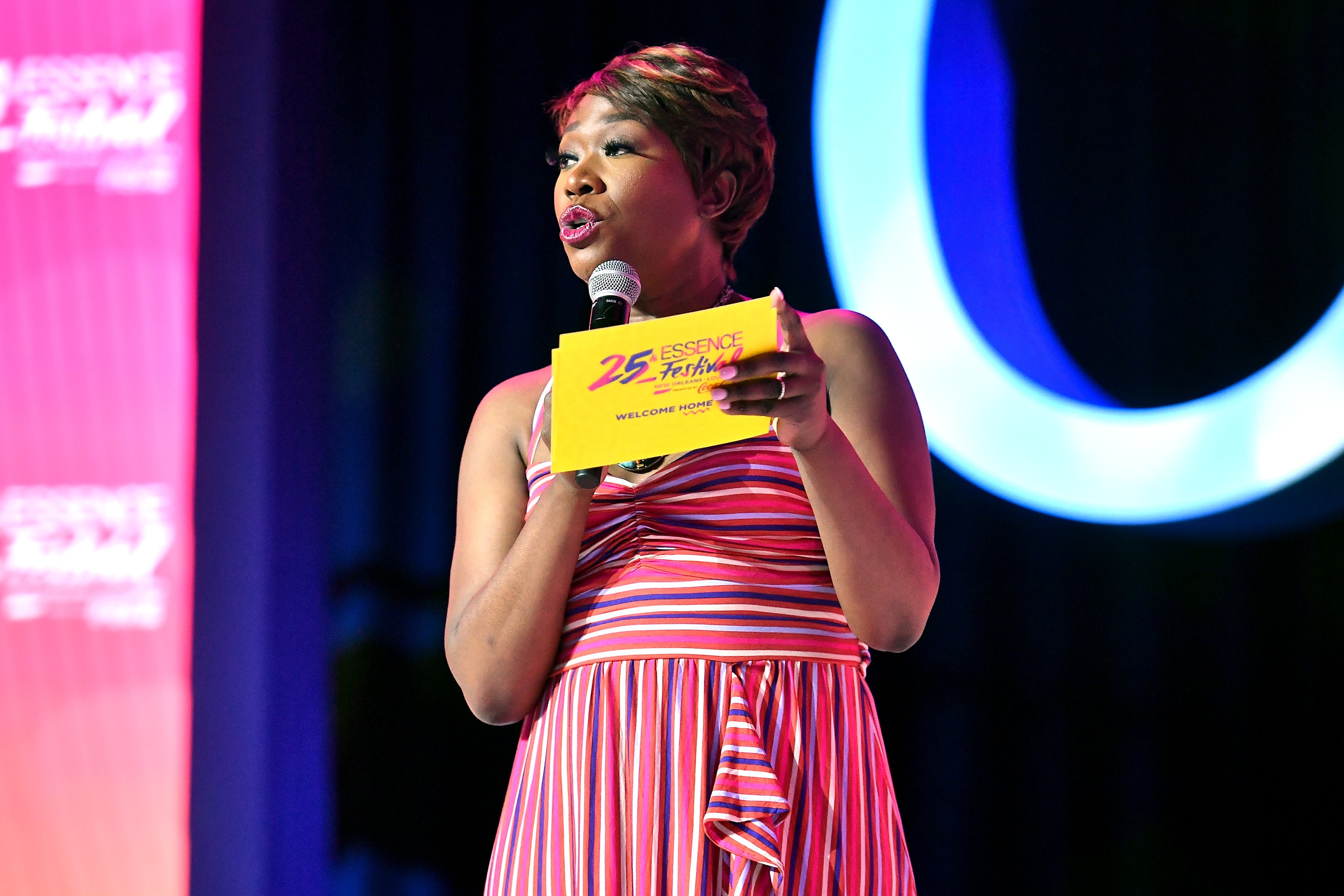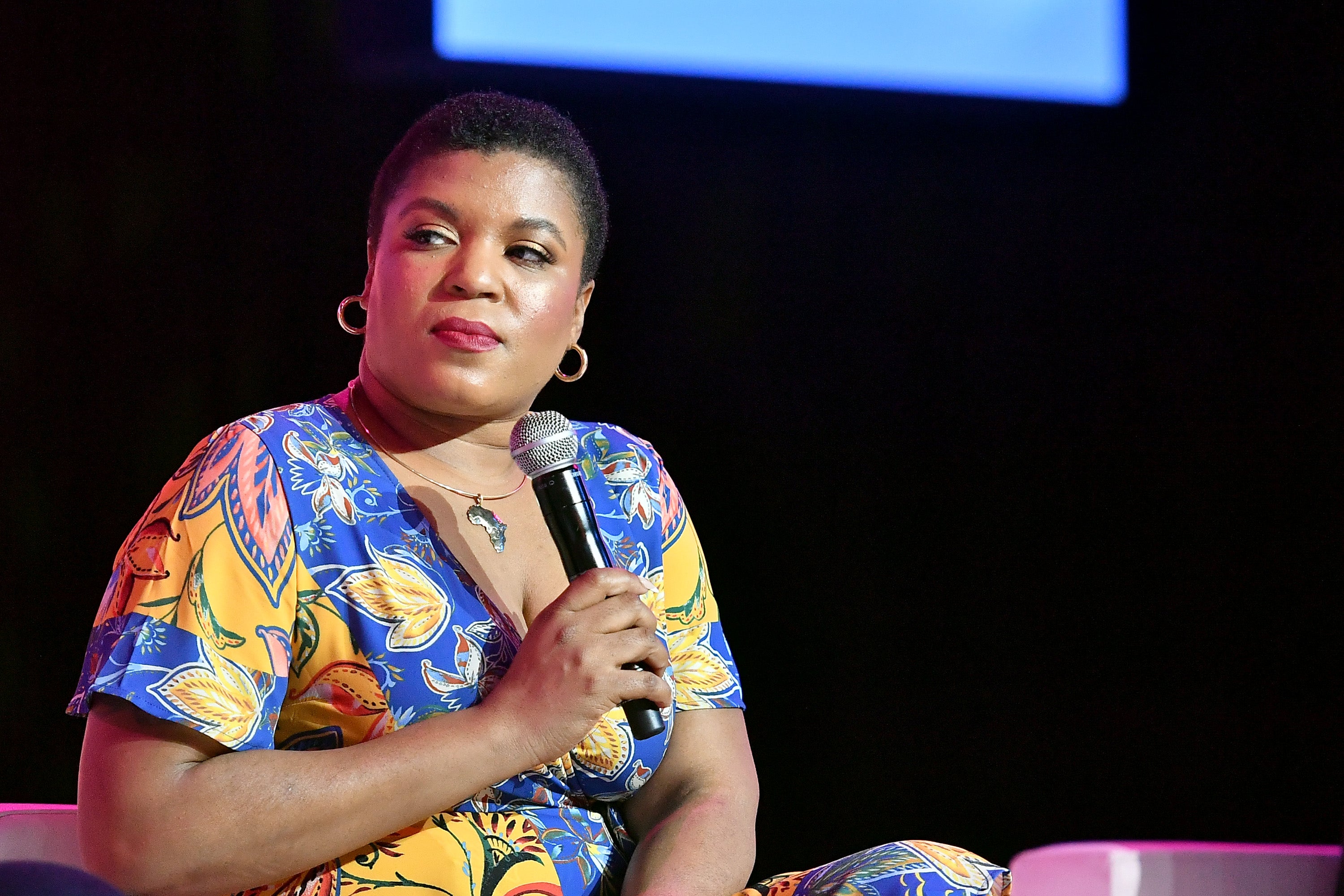In the United States, predominantly white school districts receive $23 billion more in funding than non-white schools, according to an EdBuild report. That financial disparity contributes greatly to the nation’s economic divide, leaving the Black community in search of educational opportunities that will help youth better compete with their White counterparts.
On Friday, actor Richard Lawson, MSNBC host Joy-Ann Reid and Dillard University’s Dr. Walter Kimbrough joined ESSENCE News and Politics Director, Yesha Callahan on stage at Essence Festival to discuss the disparities in more detail. Not surprising, HBCUs and community colleges were named as a possible way forward for the Black community.

“The reality is that if you looked at the amount of money that Black people pour into this system we would be the 15th largest country in the world. So that tells us that we have a buying power,” Lawson said of the economic wealth in Black communities. “So hopefully in some way, if there is some kind of think tank, some kind of group of educators and then venture capitalists who can direct the money that we make and power that we have towards Black children, a great difference can be made.”
For many Black students, wealth is a determining factor for attending an institution of higher learning. It’s why Joy-Ann Reid says that college can be “a complicated issue.” Though a four-year institution helps Black graduates get ahead in the workforce, student loans after a 12-year period prove that it can also contribute to our overall wealth. Kimbrough noted that White men pay off 44 percent of their college loan within the first 12 years of graduating. In that time, Black women’s loans have increased by 13 percent.
The numbers alone prompted Callahan to assert that community colleges should be considered when making the decision to go to school. Some states offer free tuition for local students. Often they give them the necessary foundation without the burden of debt. As she put it, they give “the same bang for your buck.”

If a traditional, four-year college is still on the table, Kimbrough believes that Black parents and their college-bound children should strongly consider HBCUs. He pointed to graduation rates, performance statistics, and Black students’ comfortability at institutions where their peers look like them and they are valued. “A brand name institution does not mean it’s better for your child,” he warned.
Regardless of the choice, Kimbrough advises that all parents should get a 529—a tax-advantaged savings plan designed to encourage saving for future education costs—for their kids “even if you just put a little bit in there.” Lawson also added that as a group we have to figure out how to take care of ourselves and put our attention into nurturing the next generation.

